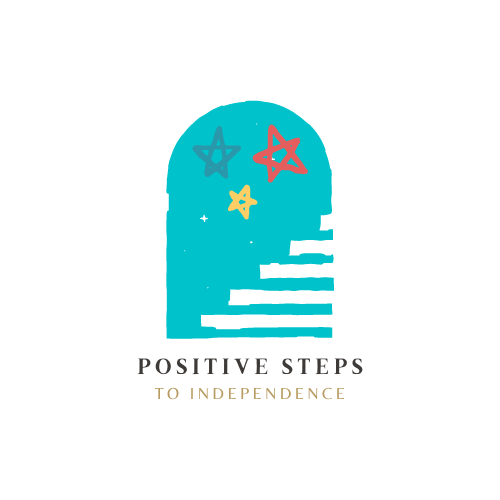
Become a PSTI Participant
Who We Serve
Currently, PSTI works with individuals with varying levels of developmental disability who are 18 years of age and older.
How to become a Participant*
We work directly with service coordinators at Westside Regional Center, South Central Regional Center (SCLARC), and Lanterman Regional Center. If you are interested in becoming a participant, contact your son and/or daughter’s service coordinator and let them know you are interested. Your service coordinator will then send a request for services. Once this service has been requested, we will conduct an assessment. Once we determine your son and/or daughter is a good match for PSTI services, a staff member will be matched to the individual according to their needs and preferences. The staff member will complete a Person Centered plan with the individuals preferences, short term and long term goals. The staff and case manager will collaborate with the participant to work on the short term and long term goals.
In order to ensure that we are working with the participant’s needs and wants, we will be conducting an assessment every three months to determine the individuals progress and assess their needs for support.
*We also accept private pay clients and individuals with Self Determination. Please reach out to us directly if you are interested in setting up services.
We’re Here to Support Every Step of Your Journey.
Explore What We Offer Below.
Behaviors
We help individuals identify triggers, build coping strategies, and learn appropriate replacement behaviors to navigate daily challenges in a safe and respectful way.
Daily Living Independence
This includes skills such as laundry, cleaning, medication reminders, using appliances safely, and building routines that support a structured and independent lifestyle.
Grocery shopping
We provide step-by-step support in planning meals, making grocery lists, comparing prices, and shopping in-store or online to promote budgeting and nutritional independence.
Transportation
We assist individuals in learning to safely use public transportation, arrange rides, read transit schedules, and understand basic travel safety—empowering them to move confidently in their community.
School, Internship, Volunteering
Support may include enrolling in classes, navigating campus or program requirements, building a schedule, communicating with instructors, and developing the skills needed to succeed in structured learning or work environments.
Safety
We teach personal safety at home and in the community, including identifying emergencies, setting boundaries, using household appliances properly, and understanding how to ask for help when needed.
Housing Assistance
We assist with locating housing using available community resources, including Section 8 and Service Coordinator referrals. Support may include finding a roommate, purchasing basic furnishings, and setting up the new living space. We also help resolve landlord disputes if they arise.
Please note: Financial assistance for housing is not provided.
Cooking
We help individuals learn how to plan simple meals, use kitchen tools safely, follow recipes, and clean up afterward—building confidence and nutrition awareness in the kitchen.
Social and/or Family Outing
We provide support during social or family outings to practice communication, community interaction, appropriate behavior, and self-advocacy in real-life settings.
Budgeting
We help individuals track expenses, understand income and bills, create a monthly budget, and practice money-handling skills to promote financial responsibility and stability.
Non-Verbal Participants
We are proud to offer services for participants who are non-verbal. We focus our services in teaching safety measures such as crossing the street at green lights, creating support systems, and using non-verbal communication strategies to ensure that the participant’s needs are met.
Hygiene
We support the development of consistent and appropriate hygiene routines, including bathing, grooming, oral care, and other self-care practices to promote health and dignity.
Future Short- and Long-term goals
A Person-Centered Diagram will be created to allow the individual to identify their short and long-term goals - like education, work, relationships, or saving - and create step-by-step plans to help them reach those goals at their own pace.
Organizational and Time Management
A Person-Centered Diagram will be created to allow the individual to identify their short and long-term goals. Steps to reach these goals will be supported and a collaborative effort with the Individual to build their confidence and reinforce independence.



